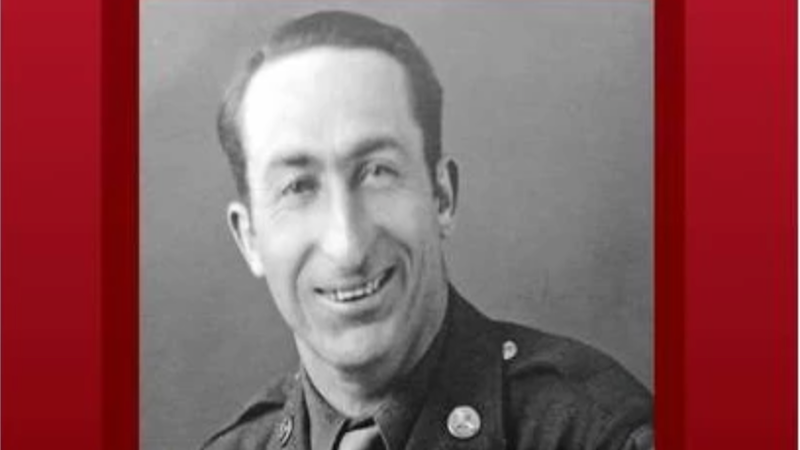The foot locker contained a hero’s treasure.
It belonged to John Cleland’s uncle, Carl Cleland, a gunner and radio operator on a B-24 bomber in World War II.
“There was a box full of medals,” John Cleland said of the foot locker that was given to him by his brother, who had been storing it for decades. “There was a bundle of letters he had saved; 125 letters that the family had saved. And there was a personal diary.”
John Cleland, a retired Mount Vernon High School science teacher, used the material to write a book, “Tell Johnny Hello,” on his uncle’s wartime experiences that included 26 combat missions in a B-24 stationed out of Norfolk, England. One of those missions was part of an infamous raid on the Ploesti Oil Refineries in Romania, designed to destroy Hitler's supply of oil midway through the war.
After surviving those missions, Carl Cleland was transferred back to the United States.
“He was stationed at a training base in Casper, Wyoming,” John Cleland told the Mount Vernon News. “His plane crashed and he died.”
John Cleland was only 3 years old at the time and doesn’t remember his uncle. But in the letters home, Carl Cleland would often write, “Tell Johnny I said hello,” which John paraphrased as the title for the book.
Cleland wrote the book to preserve his uncle’s story for future generations.
“I said, ‘Wow, the family needs to know this,'” Cleland said. “So I transcribed all of the letters. I transcribed the diary.”
The cache of documents in the foot locker turned out to be even more valuable as Cleland began researching his uncle’s service in World War II.
“I wrote for his service records and they wrote back and said they didn’t exist,” he said. “They were lost in a fire.”
After his uncle died, the family rarely mentioned him, Cleland said.
“I never heard anything about him while I was growing up,” he said. “There were no stories. His widow, I never knew her. When he died, they put everything in that foot locker, including his memory. I’m sure it was part of the grief.”
Silence about World War II combat experiences was not uncommon, Cleland said.
“They left it on the field,” he said of many WWII veterans. “From reading Carl’s letters, they had a different attitude than we have today. As a general rule, they were patriotic. That was part of their upbringing. It was a not a big deal to be patriotic. They were doing their duty and when they were through, they left it there and came back and built their lives with a resolve to look forward rather than backwards.”
Cleland will have a book signing on Friday in downtown Mount Vernon at the Crickets On South Main antiques store from 6 p.m. to 9 p.m.




.webp)
.webp)
